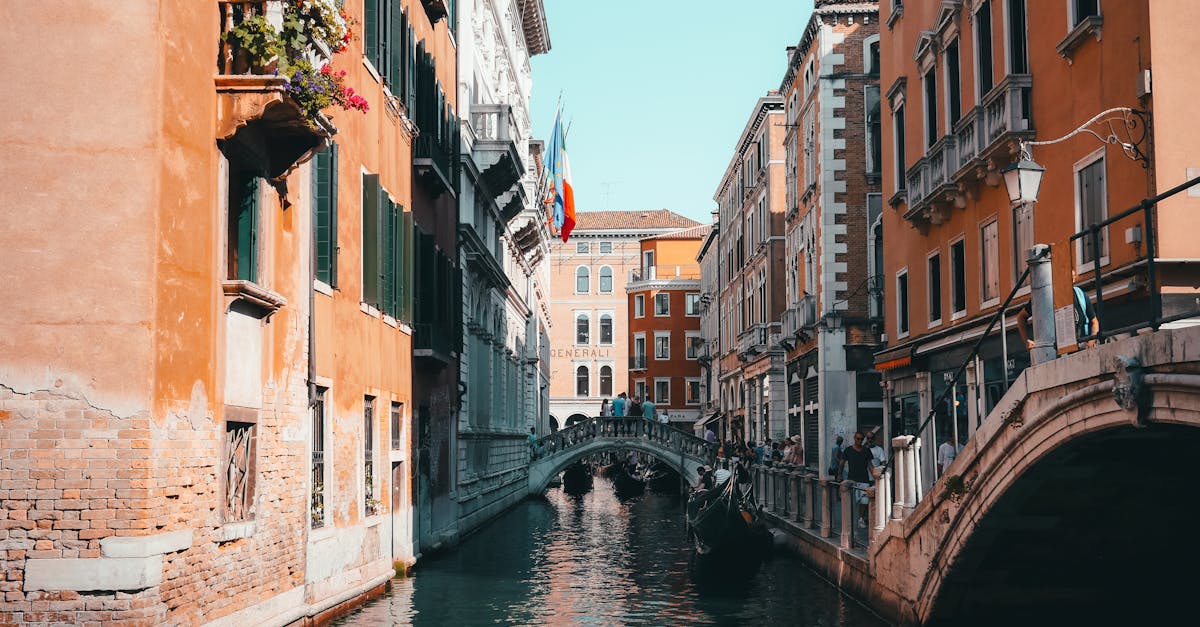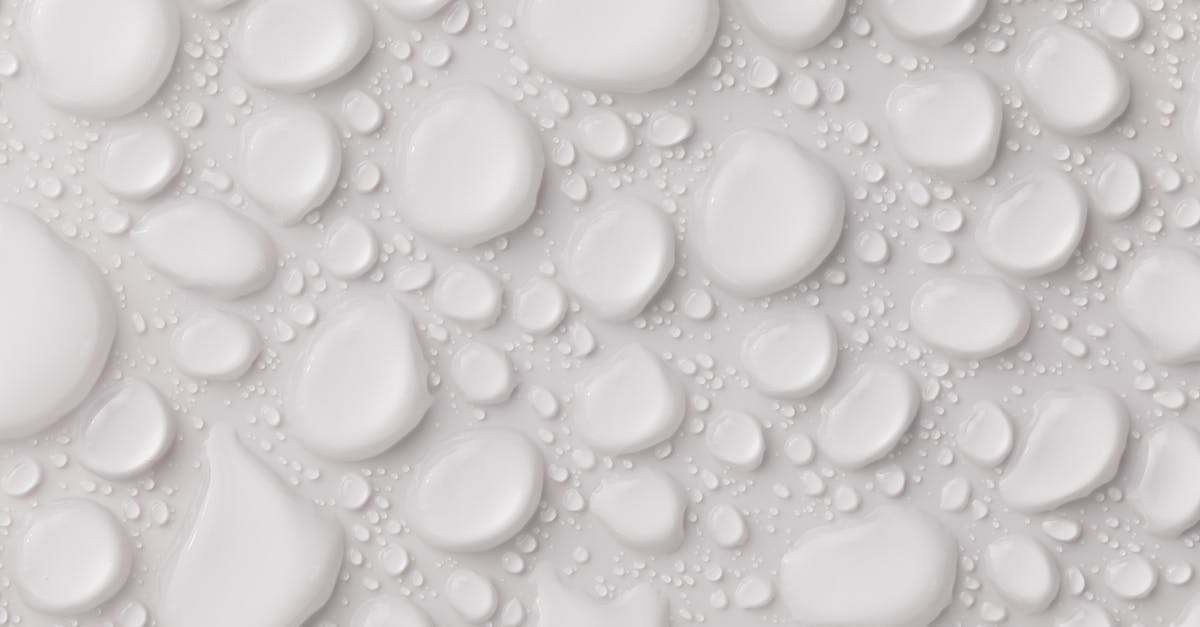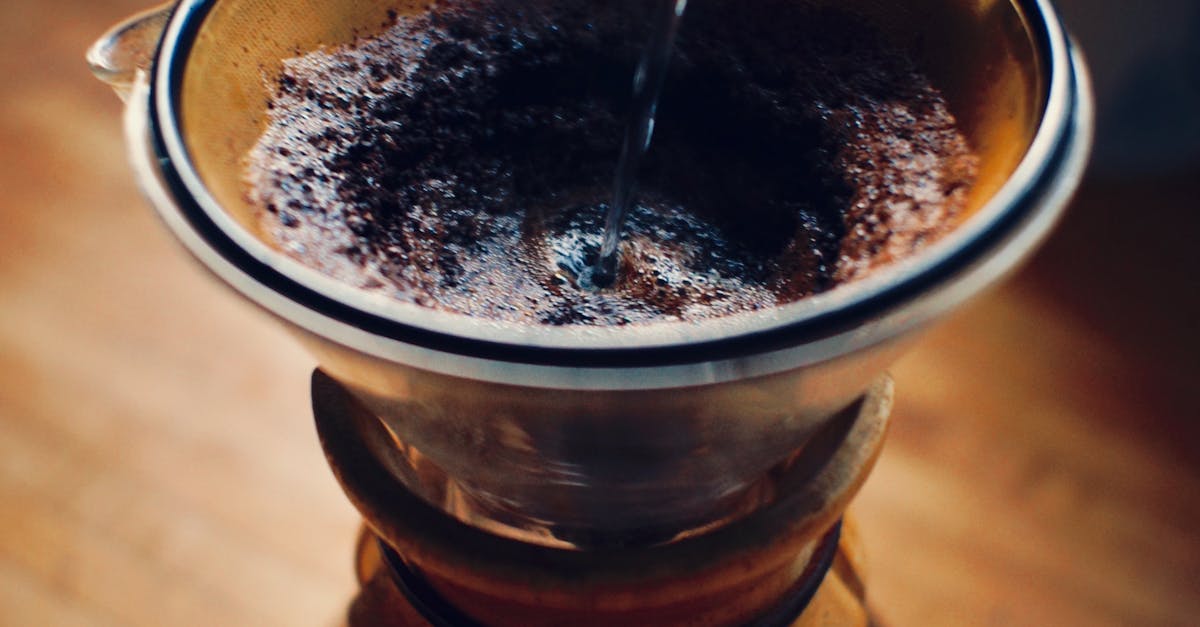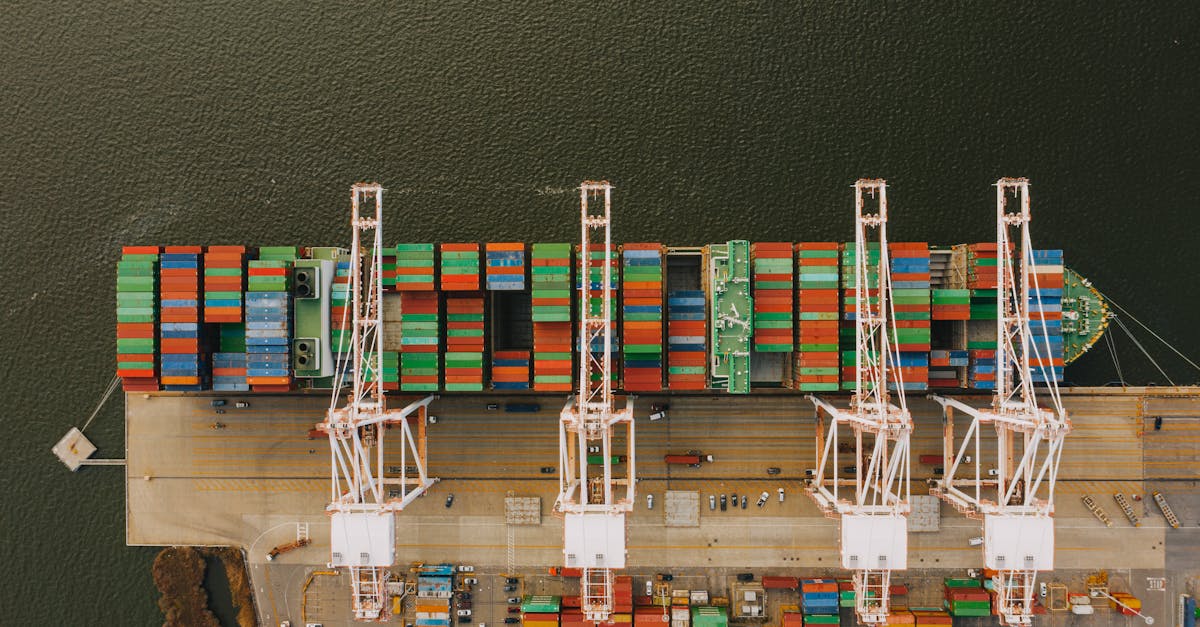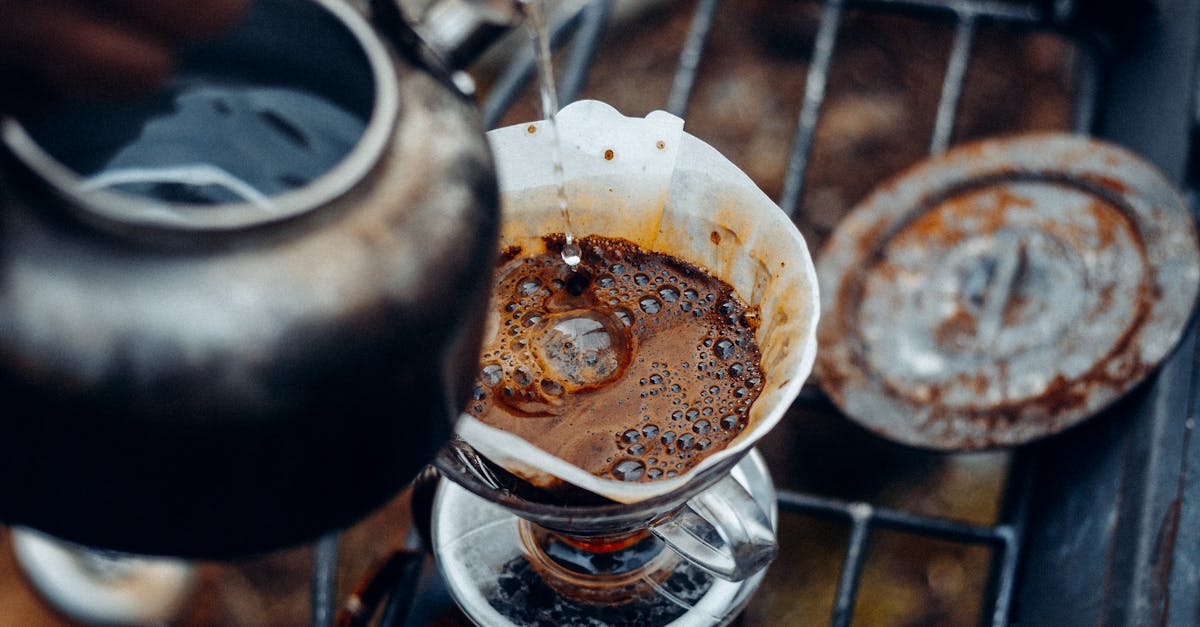
Table Of Contents
Water Supply Issues
Variability in municipal water supply can significantly impact the pressure within a water heater. Factors such as peak usage times and infrastructural issues can lead to fluctuations in water pressure. These changes may result in pressure build-up in the system, which can strain the components of the water heater. Monitoring water pressure is crucial for maintaining optimal conditions in the system.
In cases of water supply problems, performing regular Hot Water System Leak Detection can help identify any leaks or weaknesses in the plumbing. Early detection of these issues can prevent excess pressure from developing, reducing the risk of damage to the heater and surrounding infrastructure. It ensures the longevity and safety of the system by addressing pressure anomalies promptly.
How Municipal Supply Fluctuations Affect Pressure
Municipal water supply systems can experience significant fluctuations in pressure due to a variety of factors, including increased demand during peak usage times or maintenance work on the supply lines. These changes in pressure can impact residential hot water systems, leading to inconsistent water flow and potential complications. Homeowners may notice variations in the temperature of their hot water as a result, which can be both inconvenient and alarming.
When municipal supply pressure rises suddenly, it places additional strain on household plumbing and appliances. This strain can lead to leaks or even ruptures in a home's hot water system if the infrastructure is not designed to accommodate such fluctuations. Regular Hot Water System Leak Detection is crucial for identifying potential issues before they escalate, ensuring that residents can maintain a safe and efficient water heating system.
Incorrect Installation Practices
Proper installation of a water heater is crucial for its efficiency and safety. Incorrect practices can lead to several issues, including excessive pressure build-up within the tank. Misaligned pipes, improper sealing, or neglecting to install pressure relief valves can create a system that struggles to maintain adequate pressure levels. Once these faults occur, the risk of leaks or bursts increases significantly, making regular maintenance and monitoring vital.
Hot Water System Leak Detection should be a priority during and after installation. Identifying potential leaks early can prevent costly repairs and hazardous situations. Homeowners should ensure that professional installation meets the required standards to minimize future complications. Routine checks on the system help to catch any issues related to pressure or leaks before they escalate into larger problems.
Consequences of Poorly Installed Water Heaters
Poorly installed water heaters can lead to numerous issues that jeopardize the entire hot water system's effectiveness. Improperly fitted connections or inadequate support can create stress on the tank, potentially resulting in leaks or even complete failure. In the event of a leak, homeowners may face not only water damage but also the loss of hot water supply, leading to inconvenience and disruption of daily routines.
Additionally, improper installation can affect the temperature and pressure regulation within the system. This can cause excessive pressure buildup, which may exceed safety thresholds. Regular maintenance and prompt hot water system leak detection are essential for identifying issues early and preventing costly repairs or replacements in the future.
Corrosion and Degradation
Corrosion can significantly impact the integrity of a water heater, leading to reduced efficiency and potential failures. Over time, the inner components of the heater, particularly the tank, can develop rust and mineral buildup. This degradation not only compromises the heater's structural integrity but also creates an environment where pressure can build up unexpectedly. Regular inspections can help identify these issues before they escalate.
Deterioration caused by corrosion can also lead to leaks, which often raise concerns about water safety and pressure regulation. Homeowners should prioritize methods such as Hot Water System Leak Detection to monitor the condition of their units. Addressing these problems early can prevent costly repairs and ensure the safe operation of the water heater.
Understanding How Corrosion Leads to Pressure Problems
Corrosion is a significant factor in the development of excess pressure within a water heater. Over time, the inner linings of tanks can deteriorate due to rust and other forms of corrosion. When this occurs, the structural integrity of the water heater is compromised, leading to potential leaks. As these leaks develop, the pressure within the tank can build up excessively since water continues to fill the system.
Moreover, once corrosion starts to affect the heating element or other critical components of the water heater, it can trigger several malfunctioning mechanisms. A malfunctioning thermostat or pressure relief valve may not respond correctly to the increased pressure, which could exacerbate the situation. Implementing a regular maintenance routine, including Hot Water System Leak Detection, can help identify and address corrosion issues early, preventing dangerous pressure buildup in the long run.
FAQS
What are common causes of excess pressure in a water heater?
Common causes of excess pressure in a water heater include water supply issues, incorrect installation practices, and corrosion or degradation of the unit.
How do municipal supply fluctuations affect water heater pressure?
Municipal supply fluctuations can lead to sudden increases or decreases in water pressure, which may cause excess pressure in the water heater if the system cannot adjust accordingly.
What are the consequences of poorly installed water heaters?
Poor installation practices can result in various issues, including excess pressure buildup, leaks, and even damage to the water heater, which can lead to costly repairs or replacements.
How does corrosion impact water heater pressure?
Corrosion can weaken the tank and the components of the water heater, leading to leaks and blockages, which can cause pressure to build up inside the unit.
What are the signs that my water heater may be experiencing excess pressure?
Signs of excess pressure in a water heater include unusual noises (like banging or popping), leaks around the tank, and a pressure relief valve that frequently activates.







